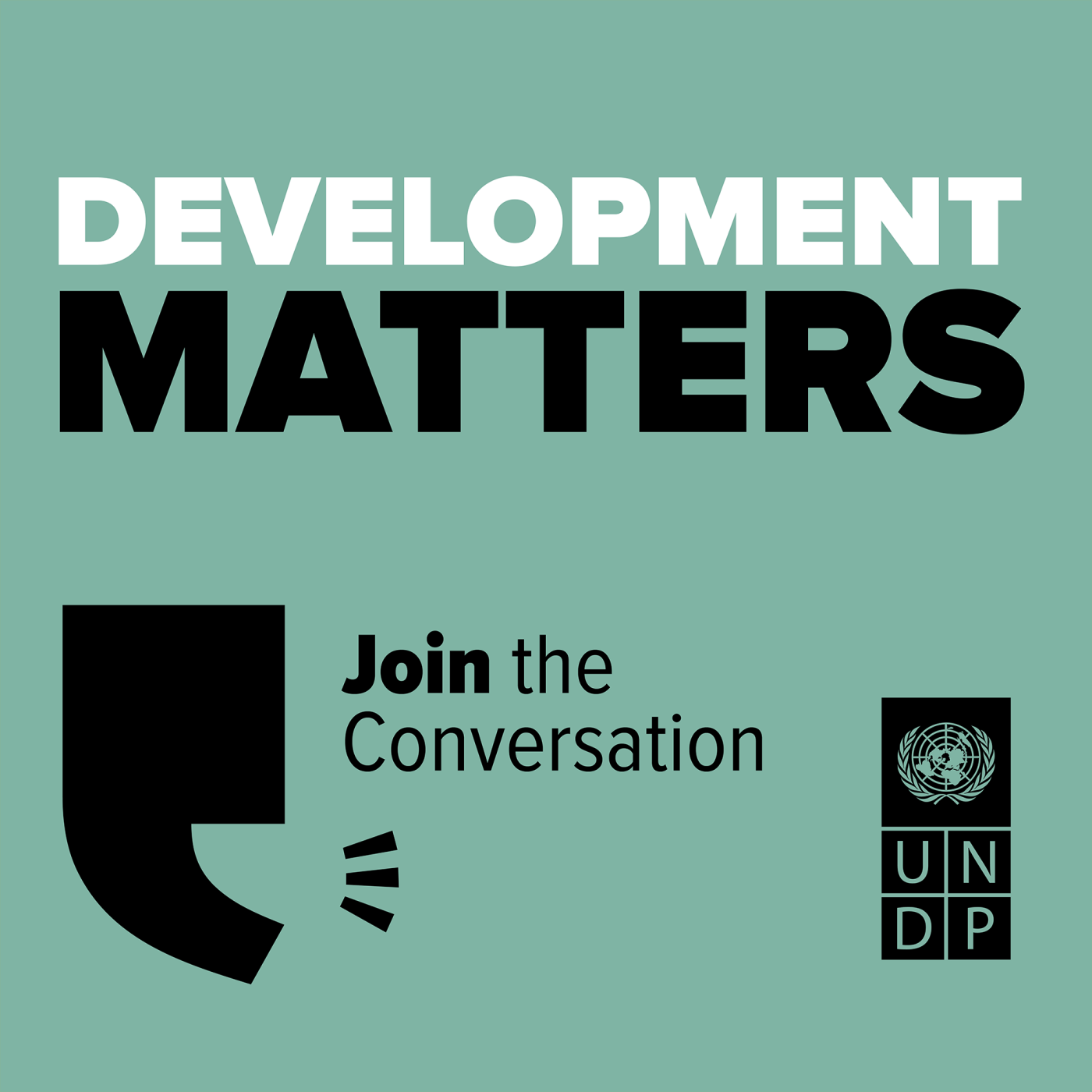Dealing with the Past | التعامل مع الماضي
Description
قبل 48 عامًا ، اندلعت الحرب الأهلية اللبنانية ، مخلفة وراءها ندوبًا وصدمات وقصصًا لا تزال
تؤثر على الحاضر. لذا أصبح التعامل مع الماضي ضرورة ملحة للمصالحة و بناء مجتمع سلمي.
لكن ماذا يعني التعامل مع الماضي؟
في هذه الحلقة من Development matters نناقش أهمية التعامل مع الماضي ومبادرات بدعم من برنامج الأمم المتحدة الإنمائي تساهم بالتعامل مع إرث الحرب بهدف عدم تكرار العنف و من أجل مستقبل سلمي مستدام ودور تعليم التاريخ في تشكيل الذاكرة الجماعية والدروس التي يمكننا استخلاصها من المقاتلين السابقين الذين اختاروا مسار بناء السلام مع الناشطة التربوية
نايلة حمادة من الهيئة اللبنانية للتاريخ، ورئيس جمعية محاربون من اجل السلام، زياد صعب.
48 years ago, the Lebanese civil war started, leaving behind scars, traumas, and countless stories that continue to reverberate through the present day.
Dealing with the past has become a pressing imperative, as individuals and communities grapple with the weight of history and seek to forge a path towards healing and reconciliation.
But what does dealing with the past really mean?
In this episode of Development matters, we discuss the importance of dealing with the past for a sustainable peaceful future and shed light on initiatives supported by the United Nations Development Programme (UNDP) that contribute to it, the role of history education in shaping collective memory, and lessons we can learn from ex-fighters who have chosen the path of peace, with Nayla Khodr Hamden, Educational Activist from the Lebanese Association for History (LAH), and Ziad Saab, President of Fighters for Peace, as they share their unique perspectives.
More Episodes
In this episode of Development Matters, we delve into the challenges faced by Lebanon's municipalities amidst ongoing political, economic, and security crises. With basic services like electricity, clean water, and waste management becoming luxuries, the bond between local governments and their...
Published 04/29/24
Published 04/29/24
Published 04/12/23


